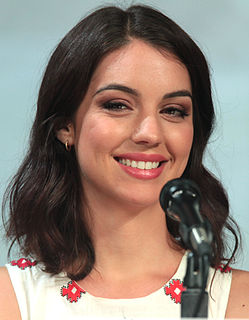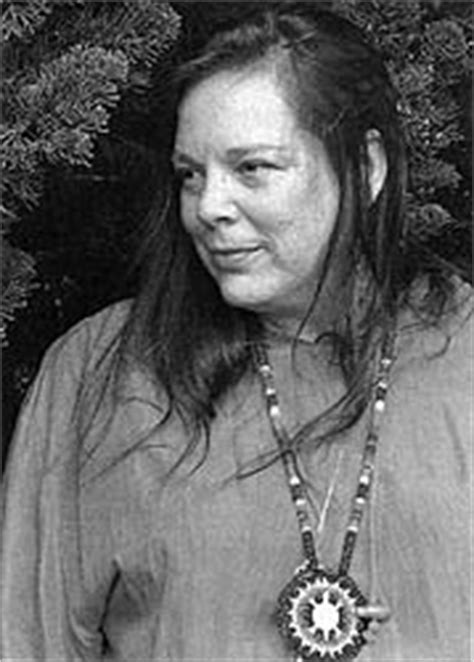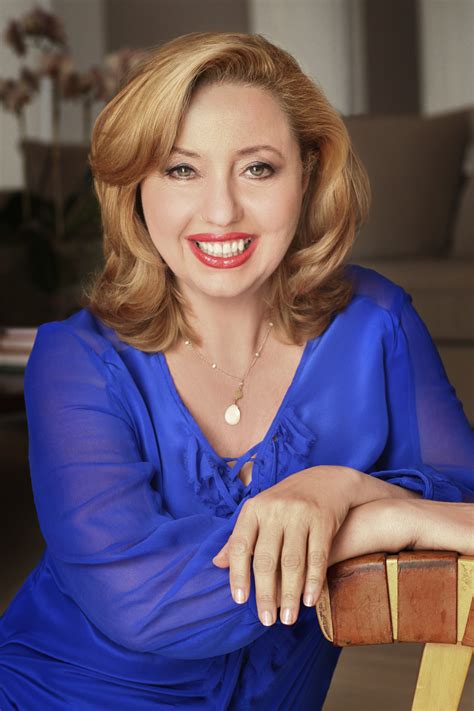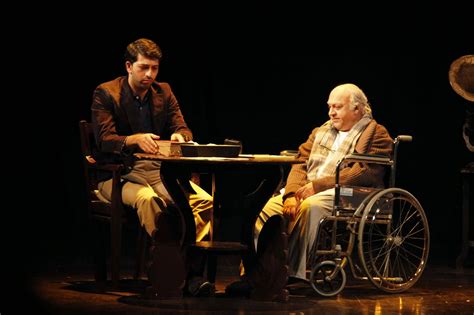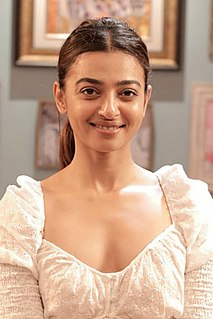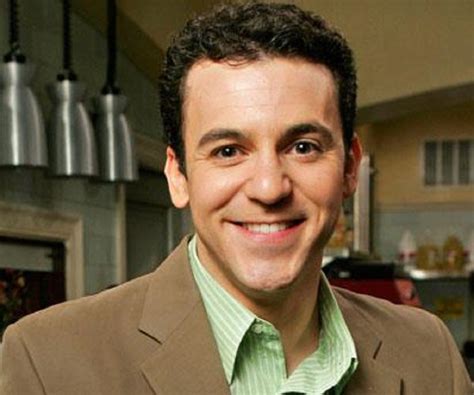A Quote by Becca Fitzpatrick
The sensible part of me wanted to dissect my emotions, overthinking and overcomplicating my reaction to Jev.
Related Quotes
Patch reached for my hand and pushed my dad's ring off the tip of his finger and into my palm, curling my fingers around it. He kissed my knuckles. "I was going to give this back earlier, but it wasn't finished." I opened my palm and held the ring up. The same heart was engraved on the underside, but now there were two names carved on either side of it: NORA and JEV. I looked up. "Jev? That's your real name?" "Nobody's called me that in a long time.
How do I control my emotions? How do I stop getting angry so often, or how do I stop being sad? And I think there's a really important distinction to understand is that you can't completely control your emotions. What you control is your reaction to your own emotions. And a lot of people don't ever make that separation for what goes on with them.
The main things to rebel against - over-production, too much technology, overthinking. It's a spoiled mentality; everything is too easy. If you want to record a song, you can buy Pro Tools and record four hundred guitar tracks. That leads to overthinking, which kills any spontaneity and the humanity of the performance.
Acceptance is not a talent you either have or don't have. It's a learned response. My meditation teacher made a great point about the difference between a reaction and a response: You may not have control over your initial reaction to something, but you can decide what your response will be. You don't have to be at the mercy of your emotions, and acceptance can be your first step toward empowerment . . . For me, acceptance has been the cornerstone to my having an emotionally healthy response to my illness.
Going to directing wasn't a reaction away from acting as much as it was a move towards something I always wanted to do. Ever since I was a kid, I was interested in the camera and how it worked and why one director would place it in this part of the room and then another would place it in that part of the room.


